The legendary landscape photographer talks about acting in Nairobi, photographing ‘zillions’ of actors, and an ‘obsession’ with nature’s beauty
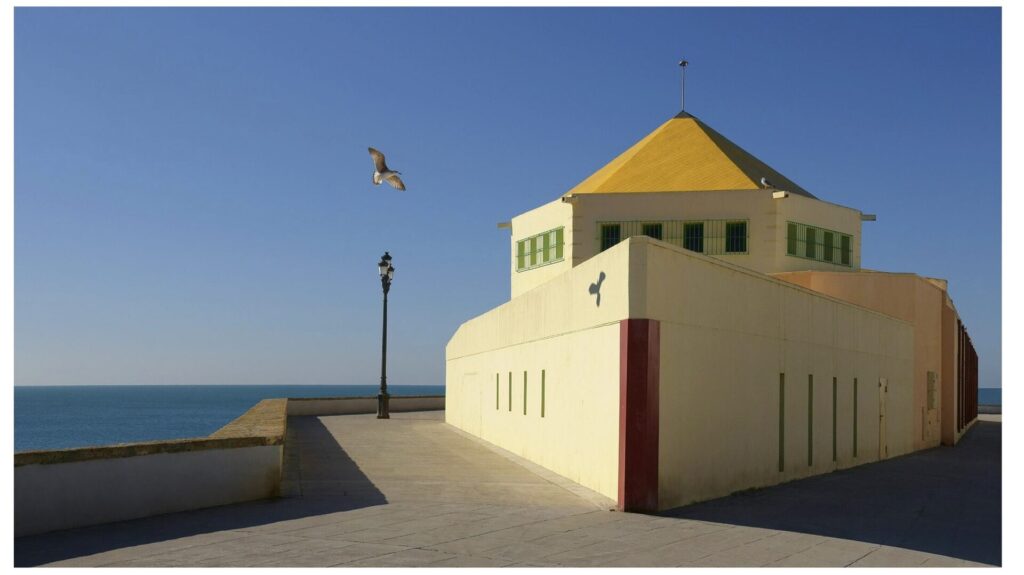
‘My father began the Berlin Airlift.* It was actually his idea.’
As interview openers go, it’s unexpected. But I have been sitting in photographer Charlie Waite’s studio – his mill house is just outside Gillingham – for less than ten minutes, and I am already feeling it’s going to be a lovely afternoon. Charlie greeted me in the lane outside his house with a broad smile and a broader hug – we had never met before, but the warmth from this gently-spoken man made us instant friends. I settled back into the depths of the sofa, surrounded by the detritus of a lifetime of photography: walls hidden by stacks of frames below a gallery of hung photographs, half-packed boxes of books, large work-desks stacked with prints, chairs overflowing with files and paperwork.
The studio overlooks the millpond below the house, and a wall of French doors let light flood in. As we talk, I am constantly distracted by the squirrels cheerfully swaggering about on the deck outside, and the endless flurry of wings as birds stop by at the numerous feeders.
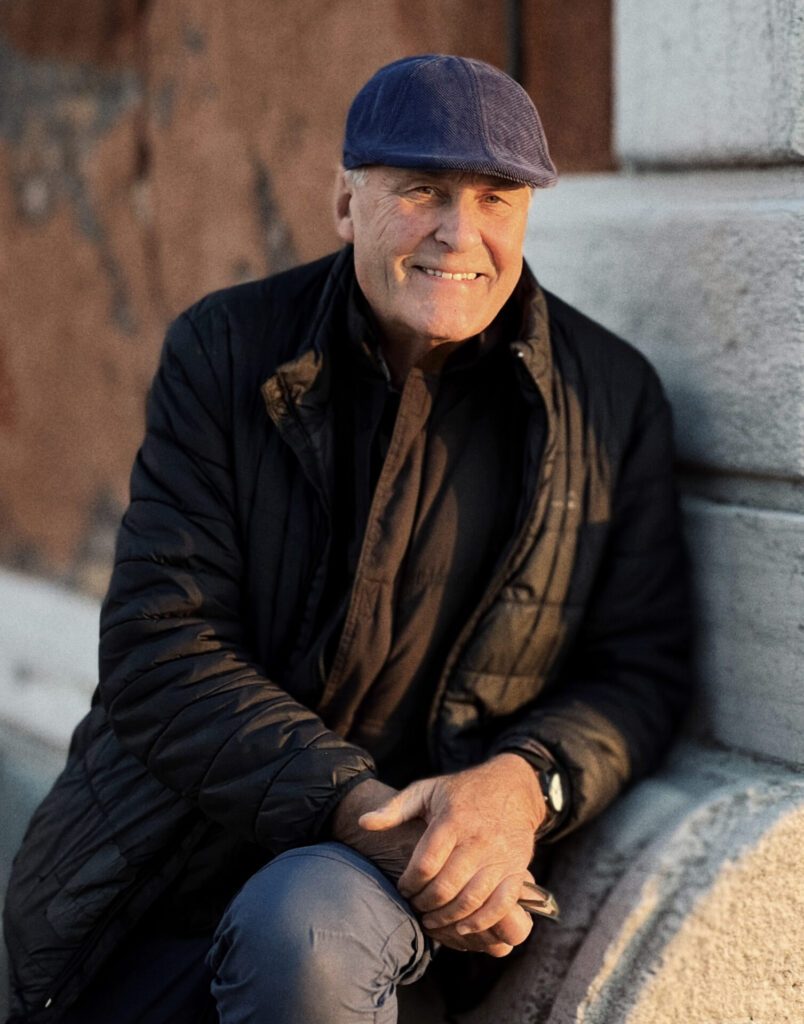
‘My parents were in Berlin at the end of 1948,’ Charlie continues. ‘My mother left Berlin to have me in London. Meanwhile, my father was putting the finishing touches to the airlift – which he hardly ever talked about. It was this massive achievement … had it not happened, there could have been a third world war. And my father never discussed it. If we asked him what he did, he’d say “Oh, just after the war, something called the airlift. ‘Anyway. I’ll go and feed the geese …” and that would be that.’
Charlie’s photography is instantly recognisable. His style is perhaps a natural result of his theatrical roots, every image a scene patiently crafted, a set design where light and shadow are carefully composed to balance and expose. There is an essence of deep stillness which pours from every frame, as Charlie finds the quiet beauty in even the stormiest of scenes.
As one of the world’s leading landscape photographers, Charlie’s career has included solo exhibitions at top venues in the UK, the USA and Japan and countless awards. He is sought-after as a speaker, frequently invited to share his insights on landscape photography all over the world.
‘That’s all very well now, but I was really bad at school … HATED school. I was mercilessly bullied by other boys and I was useless at sports. I could not understand them – even less today. I’m sorry world, but football and rugby leave me completely bewildered. I was beaten by the headmaster for playing football, actually – he was Scots: “You’ll no play with a round ball in my school. It’s rrrrrrrugby, and only rrrugby!”.
‘I left school at 16 and went to a tutor in Devon, an amazing guy called Eric Siepmann, whose wife Mary [Wesley] went on to write The Camomile Lawn and became a huge success. It was the late 60s, and Eric also beat me – once for fraternising with a local girl in Ashburton, on the banks of the Dart. That was the punishment – pull your pants down, you got beaten. It was pretty tough. Awful, actually.’
Africa not RADA
‘Anyway, I absolutely hated school. I made no friends. I was thrown into swimming pools and ditches and had a really horrible time. I think it’s because I was so, sort of, useless at everything.
‘I tried to get O levels, but I didn’t manage it, so I never did A Levels, and I never went to university. I feel, even to this day, rather un-informed about life and things.
‘So I was living in the New Forest with my parents, and I went to the Salisbury Playhouse … within two years I was working there. I got £12 a week as an assistant stage manager with some acting parts. And absolutely loving it.
‘I had immense parts of one line: “your carriage is waiting” – how do I stress it? Your carriage is waiting? Your carriage is waiting? Big roles!
‘In later years I met my wife at Salisbury while we were in pantomime, Jack and the Beanstalk. She was a dancer, and she thought I was gay …
‘But slowly I did get larger parts, and I had been there three years when I applied to the Donovan Maule Theatre in Nairobi, Kenya. The head of the Salisbury Playhouse, an amazing man called Reggie Salberg, said I was okay to go, and so I went to Africa! I’d had no formal training – I had been accepted at RADA, but I’d only been 17 and you had to be 18 to start.
‘We had excellent directors, and the Donovan Maule Theatre was marvellous. That year in Nairobi was terrific. When I came home I was a member of Equity, and I worked for another ten years in the theatre. I wasn’t particularly great, but I did enjoy it.
‘I became fascinated by the lighting director. They are the unsung heroes of theatre but no-one can ever name one. Costume, set design, actors, director … everything else but the lighting.
‘But they manipulate the light – and with it they manipulate the story. They can ensure the audience looks at a particular place, sees a particular story. They can inject pathos or humour … it’s fascinating.
‘In 1970, Jess, by then my wife, landed a monumental television role in The Onedin Line – she was in every one of the 92 episodes. She was brilliant.
‘It was a perfect role for her of course … the character was short, mildly irritable, and always apologising afterwards!
‘I finally decided that acting was too spasmodic and unpredictable, and I decided I’d get a studio and start photographing actors. I already knew some really good actors’ agents, and a good few actors, and I just asked if I could photograph them for their portraits for Spotlight, the big casting directory. And I did, and I did. And I did. And I did. And I did … and I did it for 12 years.
It was phenomenal. Only actors. Zillions of them. Even though I’d been one for ten years, I swiftly learned so much about actors. They generally have very low self worth. I was aware myself of the vulnerability of acting. How many people do you know who “hate having their picture taken?” Actors are the same. Everyone feels exposed when the camera is raised up.
‘Usually I would chat for an hour and then spend maybe half that on the actual photography. I needed to see the actor’s confidence, not their arrogance – their personality, but not their ego. Actors often hate being well known – they’re just doing a job like anyone else – but then happen to become well known.
‘Every supermarket we went into in the 70s and early 80s there was excited whispering … the worst one was someone coming up to Jess and saying “I think you’re amazing in Poldark!”
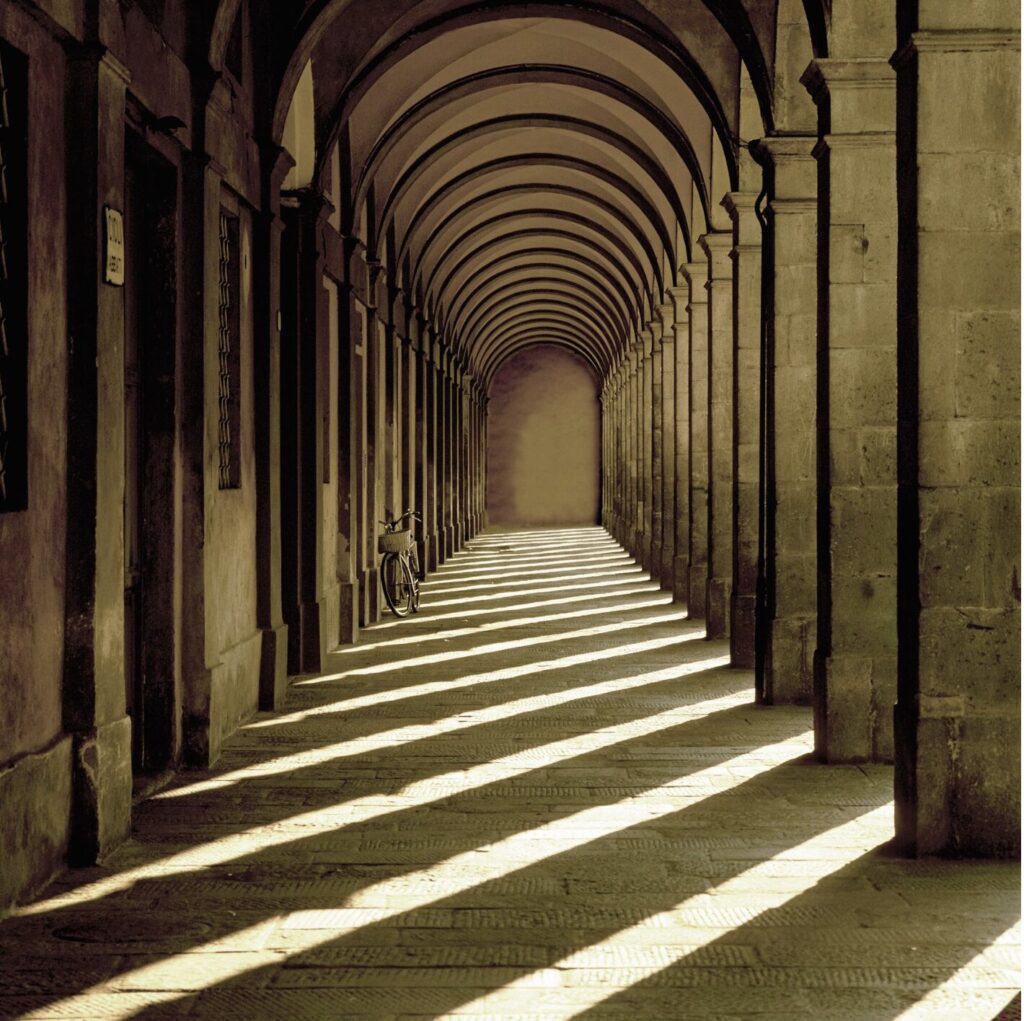
I’m a landscape photographer
‘By this time I had a studio in Battersea, but was feeling restless. At a party I met a man called Colin Webb, who happened to be selling his house – I went to see whether we’d like to buy it. We didn’t. It was a bit awkward, it was a perfectly fine house, but not for us. We got to the door to say goodbye, and then four words changed my life. For some reason, he said “what’d you do?”
I’d always liked landscape. I used to go and watch Jess filming in Devon, get bored and wander off to explore the countryside with my camera. I had wanted to try and do it more. And I remember swallowing and saying, oh-so-confidently, “I’m a landscape photographer.”
“Are you?” he said. “I’m the director of the illustrated books department at Weidenfeld and Nicolson, the publishers. I’d love to see your portfolio!”
And the rest is history. I went to see him. I met a giant talent called Adam Nicolson, who grew up at Sissinghurst – which was created by his grandparents, Vita Sackville-West and Harold Nicolson. Colin, whose house we didn’t buy, said: “We’d like to do a book called the National Trust Book of Long Walks. Adam is going to write it. Would you like to do the photographs?”
And I said yes, yes. Yes!
It took about a year, and I had the most wonderful time. Adam gave me the manuscript, walking in Cornwall or wherever it was. And I then went to the place and did the walk. Actually that’s not true, I did most of it by car – but only because I had all the equipment! We came back, we met up with Colin Webb, and he looked at the results – my babies, my babies, they really were! – in their two and a quarter inch square transparencies. And he just said “Lovely. What would you like to do next?”
‘Adam promptly joked: “long walks in Russia and France?” and Colin said “long walks in France? Super … contract tomorrow.”
‘It’s unbelievable now. Since then I’ve done 30-odd books. And I’m still obsessed with landscape photography and the natural world. I go on and on about it. It’s never just a shot. It’s a huge production. I’m happy in my obsession though.

LPOTY
In 2007 I thought it would be great if we found a way to celebrate our amazing landscapes, and I approached the AA, the book publishing arm, to suggest the idea of Landscape Photographer of the Year (LPOTY). Thankfully they immediately said, “great idea!”
I then spoke to the National Theatre, who I knew as I’d had exhibitions there, and said: “I wonder if I could have the little theatre as the gallery for exhibiting LPOTY?” So for five years we had the exhibition at the National Theatre, which meant a guaranteed audience of a thousand people a night: because they all needed the loo in the interval and saw the exhibition on the way!
‘Then we partnered with Network Rail – and now LPOTY’s exhibited on railway platforms. Paddington, London Bridge, Birmingham, Glasgow, Edinburgh … something like seven million people a month going through Waterloo alone? It’s just phenomenal.
‘But like every event or award, sponsorship is hard to find – I’m not absolutely sure we’ll make it to year 17. And contrary to popular belief, I don’t earn anything from it! It doesn’t earn enough to pay me, and I wanted the winner to have the £10,000. It’s really hard work, for no money. I haven’t been a good businessman, maybe? I haven’t, I’m not a businessman. I’m just a fairly simple guy who absolutely loves being outside and wants to encourage people to photograph the landscape.’
And so to the 19 random questions …
- What’s your relationship with Dorset?
It’s next door to Hampshire where I was brought up, so I popped into it from time to time! In the 70s I was working in France when Jess heard about a mill for sale in Dorset. The solicitor told Jess she couldn’t go and see it on her own, or make an offer. She had to have her husband there.
I just said “You must go and see it. You make the decision.” So she did – the solicitor was rather unhappy about it! She made the offer, and it was accepted. Actually, it turned out no one else wanted it because they suspected it flooded!
So we left London when our daughter was eight, and moved here to Dorset. It’s a neverending relationship. I’ll look along a lane less than two miles from here, and think “I’ve never been up there! Oh my word. Look at that beautiful shape in the land. Look at that line of bushes. How could that have been here all this time?”
It’s an extraordinary county, I’m still discovering it. Dorset never ends. I relish it all the time.
And you can be so brilliantly alone in Dorset. There’s so many silent places. I usually set off in the rain – after the rain, the light is incredible for about three to four minutes. That moment the rain has passed, it’s impossible to believe the quality of the light. There’s a tiny window of clarity … and then it’s gone.
- What was the last song you sang out loud in your car
Probably Climb Ev’ry Mountain, from the Sound of Music. I think I’m still in love with Julie Andrews. I love singing Climb Ev’ry Mountain. Oh, and I Can’t Help Falling In Love. I just heard it the other day in Shaftesbury High Street. Beautiful. - The last film you watched? I promise you, it was The Sound Of Music! It was!
I went with my son in law, who’s a filmmaker. And we absolutely loved it. I can’t bear films which have any violence, and there’s so many movies with death and violence and cruelty. I just want happy stuff. And The Sound of Music is utterly beautiful. - It’s Friday night, you have the house to yourself, no work is allowed. What will you do?
There’s something about creative endeavours, they carry a degree of insecurity. I look at certain pictures and I think “Does that cloud look a bit mannered? I waited for it, but …” I get a bit uncertain. So what I love doing is coming in the studio and looking at photographs that I took 30 or 40 years ago – if I can find them because my cataloguing is absurd. Sometimes I just search “little tree with cloud on top”. Somewhere I’ve written what it was, I usually find them, but I do get into a bit of a state.
Anyway, I love looking back and re-evaluating them. Sometimes I see something in a photograph that I didn’t consider was worthy at the time. And I think “that was alright”. It gives me immense pleasure, especially those I haven’t seen for a long time. - The best biscuit for dunking.
A Ginger Nut, no question. - What’s a sound or smell that makes you happy?
A curlew. Just gorgeous. It really does make me happy.
To be honest, any animal that makes a sound, I’m gawking at them all the time. - What little luxury would you buy with £10?
I think I’d buy as many packets of ginger biscuits as I could. - What would you like to be remembered for?
As somebody who’s encouraged a sense of amazement about the natural world. If I could do that, if I could be somebody who’s encouraged you to look through a camera and notice. And really spend time engaging with the natural world. Don’t just take a snap. Everyone should be a photographer, because it makes you notice. But it’s not easy. The image has got to convey a massive emotional hit to the viewer. It’s got to be an emotional reaction, it can’t just be “Oh, that’s pretty”
It’s got to absolutely slam you.
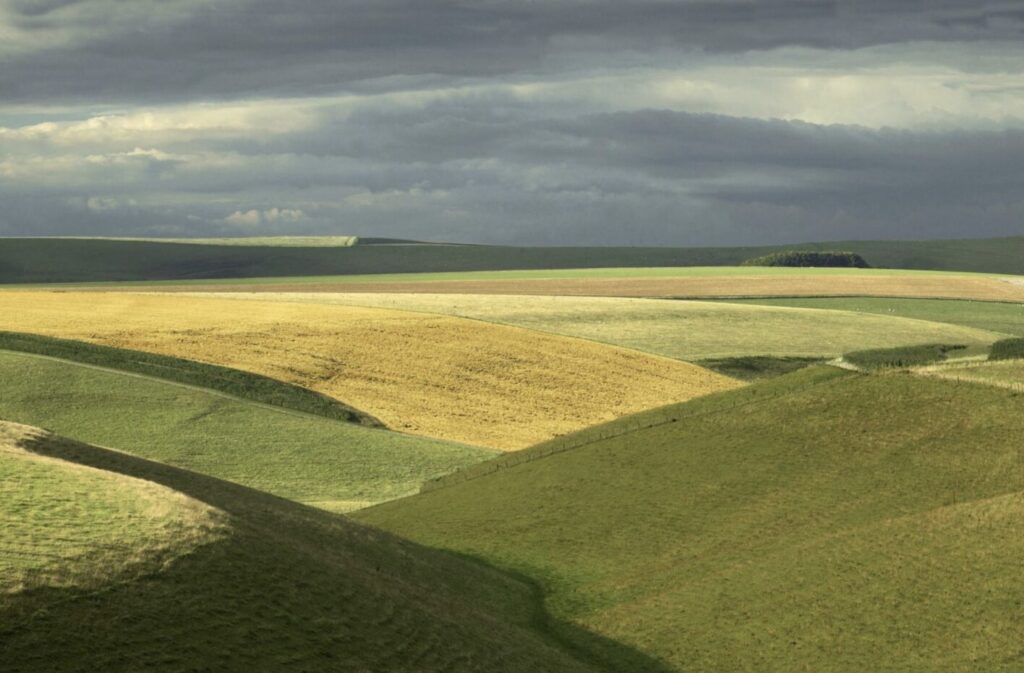
- What’s your comfort meal?
PIZZA! Spinach pizza, always spinach pizza.
Or maybe my breakfast… with blackcurrants. I read up a lot about them, and they are the most amazing fruit. I usually have a really big pot of blackcurrants – the Udder Farm Shop does them frozen! I get about a carrier bag full. Blackcurrants rock. So breakfast, blackcurrants and yogurt. Lovely. - What’s your secret superpower?
Complete wonder at nature. Not necessarily to photograph – I told you, I’m obsessed. I rescue worms. I’m in a total state of amazement at the existence of the natural world. - What was the last gift you gave or received?
I gave the girls (Charlie’s twin granddaughters) a basic little canoe to be able to go on the river, to know what it feels like to float in a little boat. They love it. - What’s your favourite quote?
I love Gandhi’s ‘the greatness of a nation and its moral progress can be judged by the way it treats its animals.’ I think that’s the best. - Your most annoying trait?
Untidiness. It’s desperate.
I know it’s kind of amusing, but if I could, I’d find a therapist who would help me be tidy.
I cannot understand how I can be doing something with one bit of paper, writing a list or something – a list! If I can achieve that, that’s amazing – and then suddenly something else comes into my head and I completely forget what I’ve just been doing and go and do the second thing. Then I forget the second thing because a third has popped into my head … I’m surrounded by half-finished things. That’s why my studio is such a tip.
I love it when I’ve had a tidy up though. I feel heroic. I want to tell everybody! - What shop can you not pass without going in?
A brocante or a bric-à-brac shop. I’m not very good with modern things, really. Actually, there’s a lovely old shop in Shaftesbury High Street which has become a sort of antique shop. Not high end antiques, a bric-à-brac place. Crazy items. Wonderland. - Tell us about one of the best evenings you’ve ever had
The evening the grandchildren were born. Even now I get tearful. And I’m completely besotted, absolutely bonkers about them. - What in life is frankly a mystery to you?
Why we aren’t more aware of how we have to save our planet.
I did a thing for the Art Society a while ago, and they asked me what my favourite landscape was. I chose a picture of the planet Earth from space. It is the most extraordinary image. And I always says: “That’s all we’ve got, it’s just us. We must protect it.”
It’s the biggest mystery, why we aren’t hell-bent on trying to ensure that we preserve our wonderful planet Earth. - Chip shop chips or home baked cake?
A really lovely vegan homemade cake (but please put in brackets I LOVE CHIPS. Because I really do.)
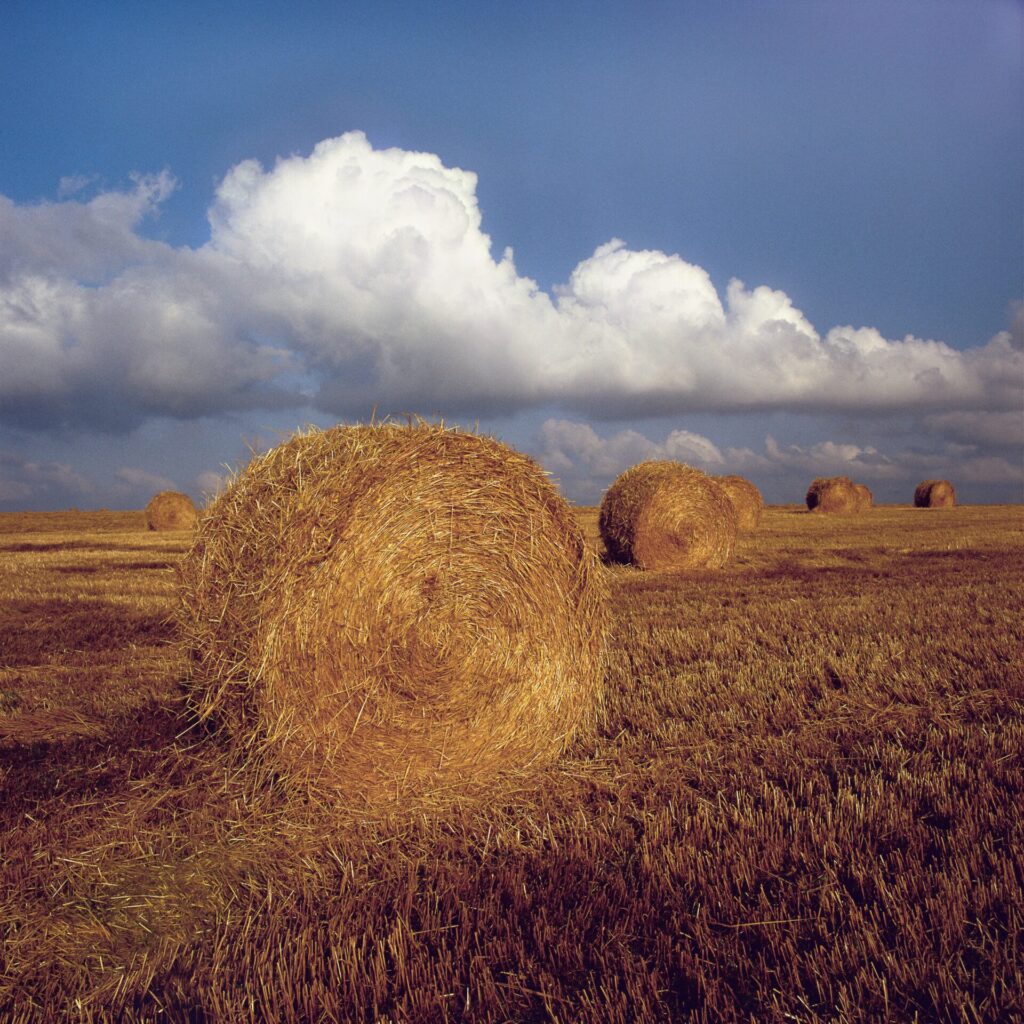
- Cats or dogs
I grew up with cats. I think they’re amazing creatures, what they have to put up with.
But I have dogs, and I’ve always had rescue dogs. I think dogs can teach us a lot. And the more we learn about dogs the better.
And you usually know you’re going to get along with somebody who likes dogs. - You have the power to pass one law uncontested – what would you do?
There are more women photographing than ever – but they often go out with fear in their hearts. And far fewer of them do sunsets or sunrises, especially in towns and cities.
I’d make a law which states when a woman is murdered, the perpetrator should go to prison for their entire lives.
More than 1,000 women a year are killed in the UK. It’s unbelievable that women are just walking in the park, or decide to take the shortcut home, and …
Because I was bullied, I know that there’s an aggressive side to men.
I wish our laws were much stronger when it comes to violence against women.
- charliewaite.com
- Meet Charlie at Gillingham & Shaftesbury Show, where he’ll be judging the photography
*In 1948, Air Commodore Reginald Waite was Head of Disbandment at the headquarters of the Allied Control Commission. He suggested that the Berlin Blockade could be broken by an airlift. Subsequently, the British and Americans started a joint operation to circumvent the Russian blockade.




What a great interview and so very different to the many focusing purely on photography. His passion for his art so clearly comes through in this.